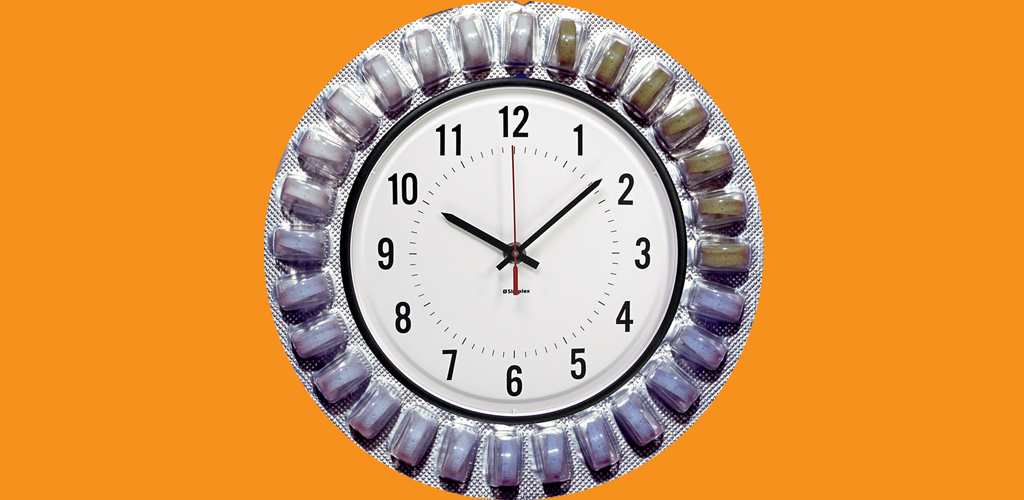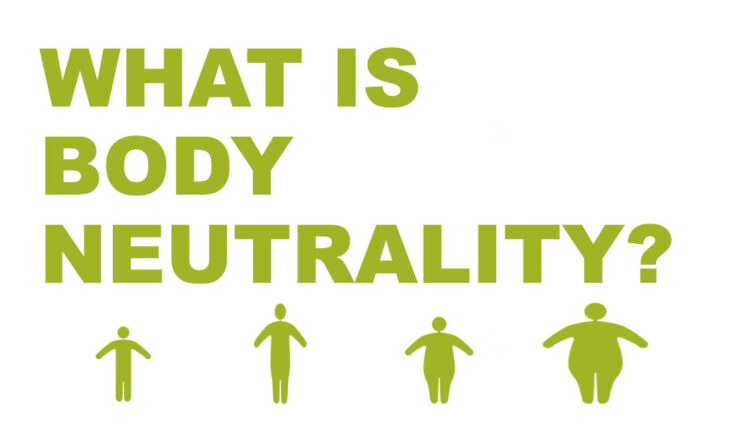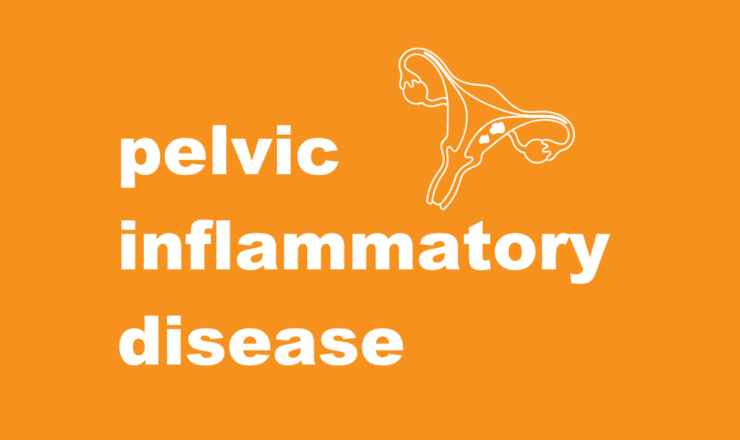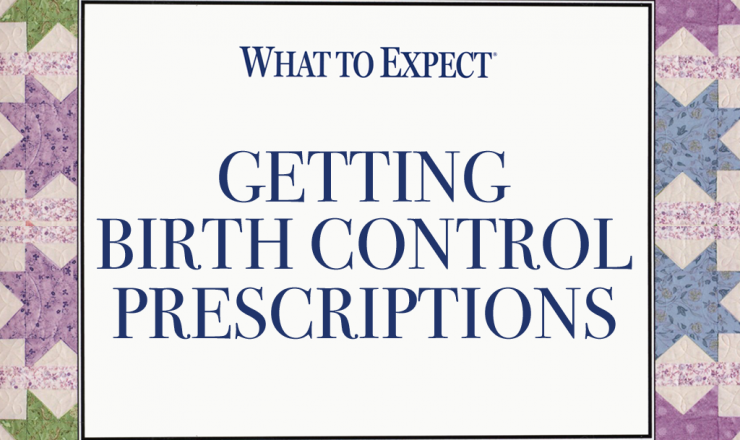

First up, we want to say that this is a really common question that we get. Remembering to take your birth control pill at the same time every day can be tricky. Although it sounds like a straightforward thing to do, it’s actually really easy for a million other life things to get in the way of taking the pill. So for starters, we just want to say that we hope you’re giving yourself a break on this!
Okay, so now the technical stuff. It’s important to take your pill at roughly the same time every day to make sure that your body is getting a consistent amount of birth control hormones. Keeping these hormones at a regular level is how your body knows to stop ovulating, and therefore stops you from getting pregnant. And yeah, sometimes people forget and are late taking their pill. It’s also possible to be so late taking it that it’s the same as not taking it at all. So how late is too late? That can depend on what week you’re on. The below table gives some suggestions for what to do if you miss a pill during Weeks 2-4 of your pack.
| How Late? | Recommended Action | Example |
| Less than 24 hours |
|
|
| Between 24-48 hours |
|
|
| More than 48 hours |
|
|
What most birth control pill packaging will tell you is that if you miss taking it one day, you should take the late pill right away, and then take the next pill at the right time. Sometimes this means you’ll be taking two pills on the same day, and that’s okay! Some people might experience the regular hormonal birth control side-effects for a day or two (more info on those here: Link), but there are no long-term complications that come from doubling up. To avoid getting an upset stomach, it can help to eat some food first. Taking three or more isn’t dangerous, but the spike in hormones just gets harder on your body the more pills you take at once, and generally isn’t recommended. But taking 2 is fine, and you don’t need to take any additional steps in order to be considered protected from pregnancy.
If you’re more than 48 hours late taking any pills, we would recommend using a back-up birth control method (like internal/external condoms or vaginal contraceptive film) for a week to ensure you’re protected while the hormones levels get back to a consistent level.
| ****Please Note**** |
|
Not taking the pill for more than 7 days is long enough for your body to be considered “Hormone-Free.” Being Hormone Free is the same as if you weren’t taking the pill, which means your hormone aren’t yet at their protective levels yet. While the pill is designed to protect you from pregnancy during all 4 weeks of the pack, the doubling up might not be effective if you miss a pill during Week 1. So if you miss a pill during Week 1, we’d recommend doubling up AND using a back-up birth control method for the next 7 days to protect against pregnancy while your hormones level out again.
If there is a risk of pregnancy during Week 1 or days where you missed a pill more than 48 hours during Weeks 2-4, you can take emergency contraception like Plan B or Ella. These are effective at preventing pregnancy for up to 5 days. Another option for emergency contraception could be getting a Copper IUD inserted within 7 days of the pregnancy risk.
If you find that you’re regularly missing your pill, it might be worth talking to your doctor about birth control options that can better fit your lifestyle (like the ring or the patch or the shot or IUDs).
If you have questions about this topic, feel free to contact one of our peer educators. [Link]
Last Updated: April 2020

We hear a lot about Body Positivity, but what about Body Neutrality? This post goes into a definition for Body Neutrality, and how it might play a role in your relationship to your body or to your sex life!

Check out this article to learn more about pelvic inflammatory disease, including symptoms, treatment, and prevention.

For the first instalment of our “What To Expect” series, we’re going over some of the basics of what it’s like to go to an appointment for birth control.